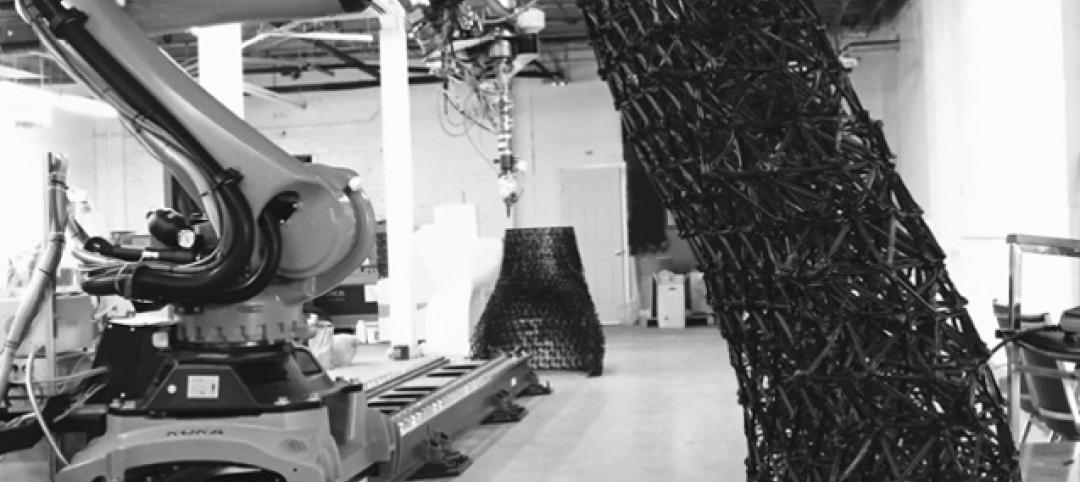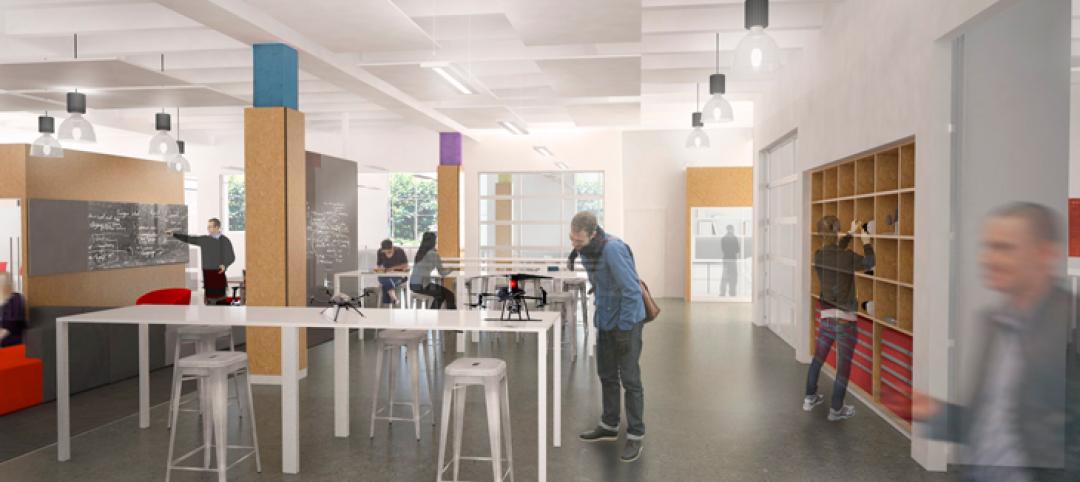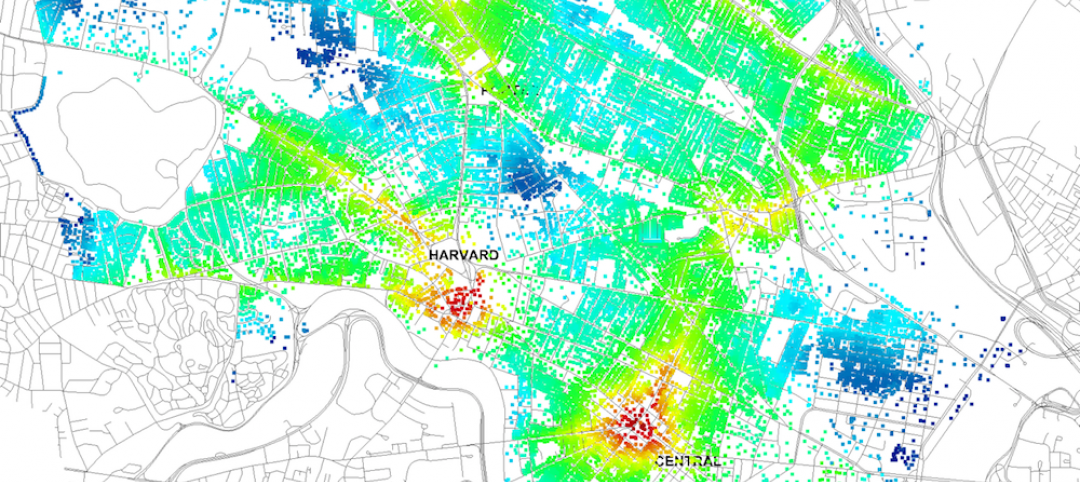
The American Institute of Architects and the AIA California Council have released the results of “Integrated Project Delivery: Case Studies,” a collection of six studies that showcases the process changes and efficiencies of completed building projects that utilized and implemented IPD.
IPD is a construction project model in which owners, design professionals, and general contractors or construction managers jointly share a project's risk and reward. The IPD projects described in the AIA study are the Autodesk AEC Solutions Division Headquarters, Waltham, Mass.; Sutter Health Fairfield (Calif.) Medical Office Building; Cardinal Glennon Children's Hospital, St. Louis; St. Clare Health Center, Fenton, Mo.; Encircle Health Ambulatory Care Center, Appleton, Wis.; and Walter Cronkite School of Journalism, at Arizona State University, Phoenix.
In each case, AIA researcher Jonathan Cohen, FAIA, collected data to measure the completed project against the stated goals of the project team. Through interviews with project participants Cohen and his team also attempted to tell the story of how each project was conceived and carried out.
“Based on these initial reports, IPD is proving to be a solution that frees parties from the processes that often weigh a project down,” Cohen said. “It allows for creativity and innovation in the way stakeholders approach a project—avoiding a 'one size fits all' formula and instead, finding solutions unique to the specific building issues.”
Cohen visited all of the case study projects and interviewed Building Team participants, including one or more representatives of the owner, the architect, and the general contractor or construction manager, and in most cases, the major engineering consultants, specialty subcontractors, building users, and other stakeholders.
Cohen's report includes sections with project detail on early involvement of key participants, shared risk and reward, multi-party contracts, collaborative decision making and control, liability waivers among key participants, and jointly developed and validated targets for all six of the case studies.
Lessons learned and a narrative of each project are detailed in the case studies as well, highlighting obstacles overcome and process changes. In the Sutter Health Project, for example, a few of the subcontractors did not want their foremen attending group scheduling meetings. General contractor Boldt now makes attending those meetings a mandatory requirement for its subcontractors.
“These studies show that IPD is most successful when owners, architects, engineers, and builders step outside the boundaries of traditional roles into a more fluid, interactive, and collaborative process,” Cohen wrote.
AIA spokesman Matt Tinder said that AIA and the AIACC will continue to update the report with new IPD research and that subsequent research will be incorporated into AIA's contract documents, notably C191-2009, Standard Form Multi-Party Agreement for Integrated Project Delivery; C197–2008, Standard Form of Agreement Between Single Purpose Entity and Non-Owner Member for Integrated Project Delivery; and C197–2008, Standard Form of Agreement Between Single Purpose Entity and Non-Owner Member for Integrated Project Delivery.
The entire report is available at http://www.bdcnetwork.com/file/10156-AIA_IPD_case_study.pdf—Jeff Yoders, Senior Associate Editor
Related Stories
BIM and Information Technology | Jul 29, 2015
Tenn. startup uses freeform 3D printer to build full-size walls
Branch Technology used the world’s largest freeform printer, one that has an arm that prints objects in open space, to make the lightweight yet incredibly sturdy lattice structures.
University Buildings | Jul 21, 2015
Maker spaces: Designing places to test, break, and rebuild
Gensler's Kenneth Fisher and Keller Roughton highlight recent maker space projects at MIT and the University of Nebraska that provide just the right mix of equipment, tools, spaces, and disciplines to spark innovation.
BIM and Information Technology | Jul 20, 2015
New stylus brings digital sketching to the next level
Without buttons, users can change the weight of the stylus’ stroke.
BIM and Information Technology | Jul 16, 2015
BIM for O+M: New app streamlines project documentation handover process
The Building Ops app enables owners to begin operations on the first day with a turnkey maintenance and asset management solution, according to its maker, Autodesk.
BIM and Information Technology | Jul 15, 2015
Google launches open-source beacon platform: Eddystone
Though beacons usually broadcast information publicly, Eddystone has the option to communicate privately as well, which greatly expands the applications for the technology.
BIM and Information Technology | Jul 14, 2015
New city-modeling software quantifies the movement of urban dwellers
UNA for Rhino 3D helps determine the impact that urban design can have on where pedestrians go.
BIM and Information Technology | Jul 14, 2015
Nation’s first 'drone park' breaks ground in North Dakota
This is one of six testing sites around the country that are developing flight standards and evaluating the utility of drones for different tasks.
BIM and Information Technology | Jul 6, 2015
BIM/VDC training is more than learning the features
Training can be a taxing experience for both the class and the instructor. CASE's Nathan Miller offers four ways to make training more relevant to practitioners.
BIM and Information Technology | Jul 6, 2015
Researchers increase GPS precision to centimeter-accurate
A new startup is working with Samsung to develop a snap-on accessory for centimeter-accurate global positioning.
BIM and Information Technology | Jul 6, 2015
New documentary shows Legos as touchstones of creativity
The film's narrator, actor Jason Bateman, says it’s a story “about a simple toy and how its unique properties ushered in a new era of creativity for a whole generation.”
















